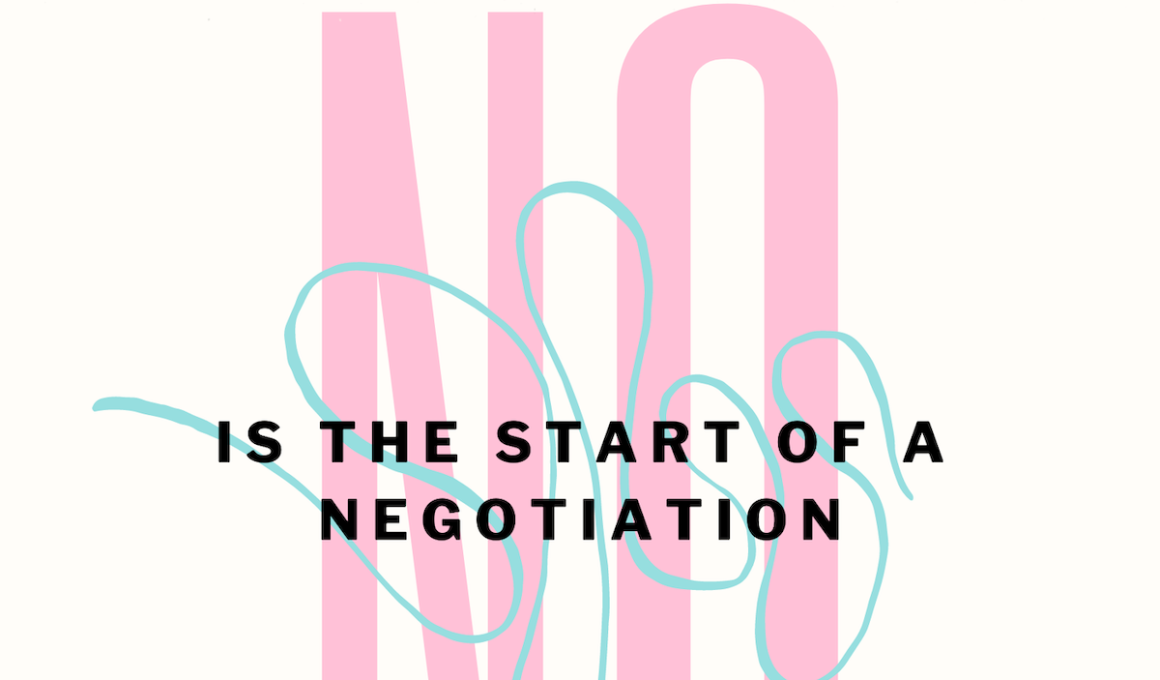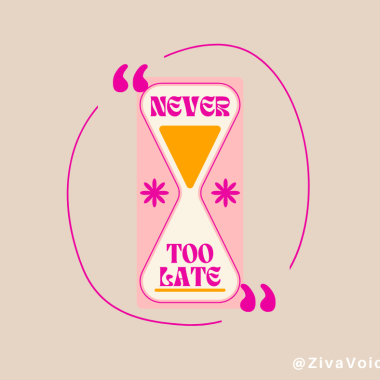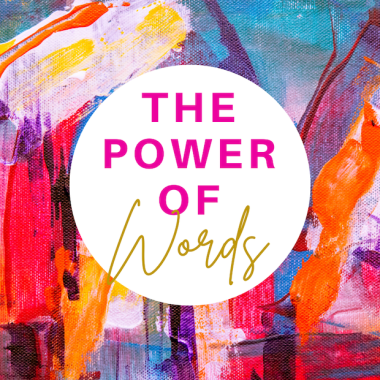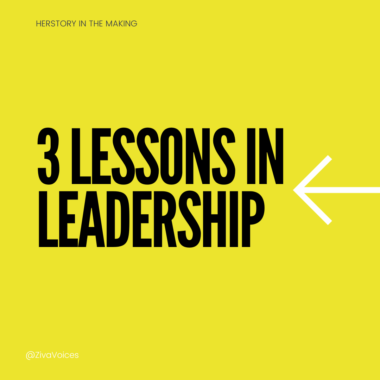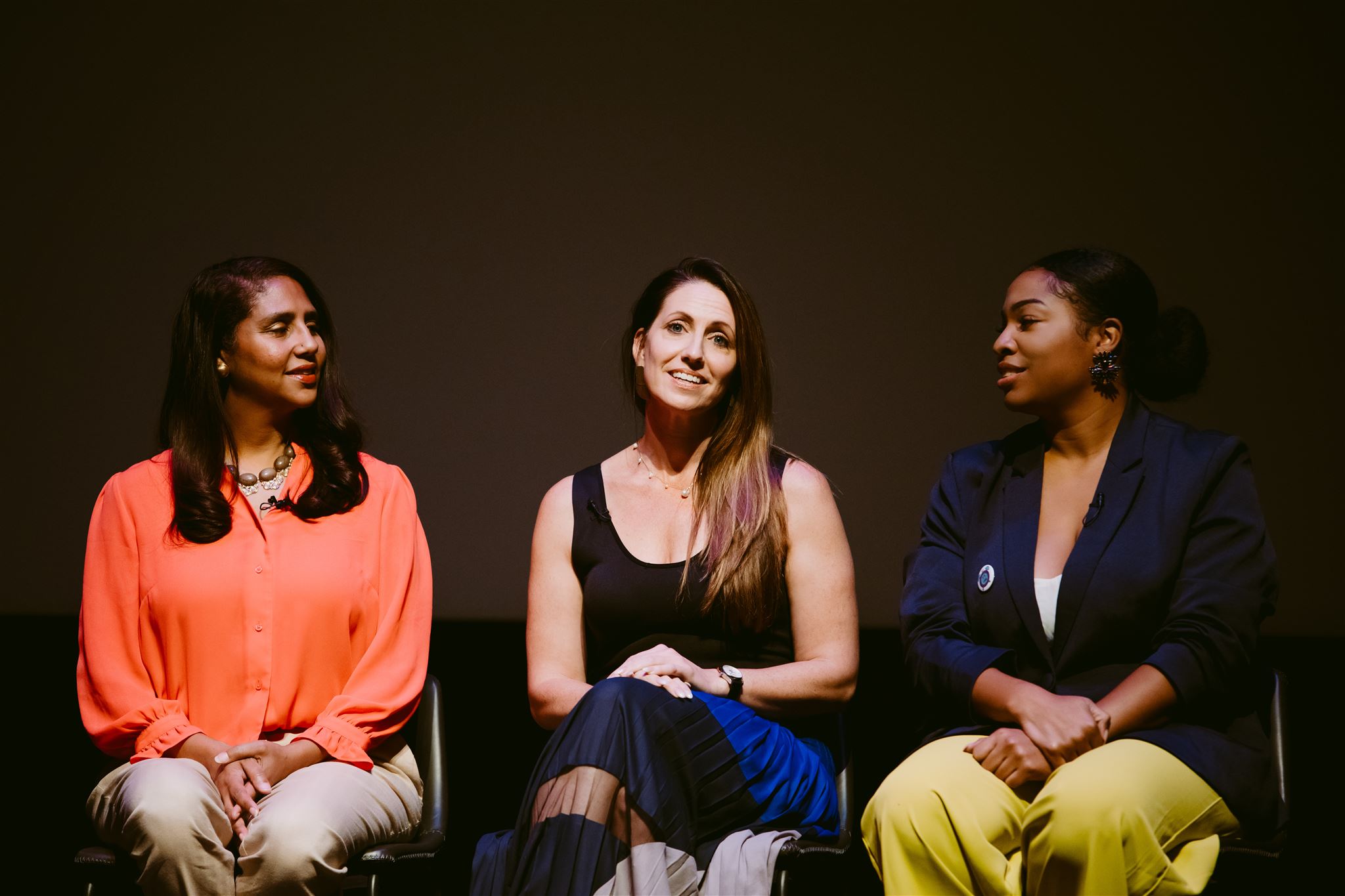Most of my clients see NO as the end of a negotiation, I would claim it is the exact opposite and I’ll share with you why. NO is the start of negotiation and No literally means “I don’t want a deal on these terms”. It doesn’t mean I don’t want to do business with you.
by Merel van der Wouden LL.M
So, how should you use NO strategically as a comeback?
Table of Contents
Preparation is key
Would you successfully run a marathon tomorrow? Most probably not (unless you’re a marathon runner, like me). But when I ask you if you would successfully negotiate your salary or fees tomorrow, you would most probably say yes.
One of the biggest mistakes my clients make is that they’re not fully prepared for a successful negotiation. They want a raise and they’ve done some research.
But do they know their market value? Is their market value based on objective decision criteria? Could they show me the numbers and the sources? Most of the time not.
One of the tools I recommend for using objective decision criteria for obtaining a market value is www.payscale.com Payscale is a database with 54 million profiles worldwide. Payscale creates salary reports based on Peer Groups. This means that the database looks at profiles that closely match your industry, experience, education, location, and skills.
3 options strategy
“Never bet on 1 horse”. Spread your chances and be prepared to negotiate. Write down 3 scenarios for yourself.
- Diamond package: this is your ideal scenario. Dream big, aim for the moon, and stretch yourself. For example, a 20% salary raise, a laptop, and a car
- Gold package: this is still a good scenario. For example, a 15% salary raise and a laptop
- Silver package: this is your resistance point. Decide if you’re willing to walk away if the other party is making an offer below your silver package.
If the other party is offering you below your resistance point, be prepared to walk away. Do you want to work with someone or a company that doesn’t value your time, effort, or knowledge? For walking away I would recommend having a BATNA.
- BATNA stands for Best Alternative To a Negotiated Agreement.
- A party’s BATNA is an alternative if negotiations are unsuccessful. Example: I will look for another client, or job, and take some time off (you name it).
- Research suggests that negotiators with stronger BATNA’s are more likely to make the first offer in negotiation and appear to negotiate better outcomes (Magee, Galinsky, and Gruenfeld, 2007)
- Counter proposal – If you hear a NO on your proposal. Be prepared, have your 3 options and BATNA ready and make that counter proposal!

About the author
Merel van der Wouden is a negotiation & transformation coach from Amsterdam. Her heart beats faster for topics such as equality, female leadership, challenging the status quo, and freedom.
